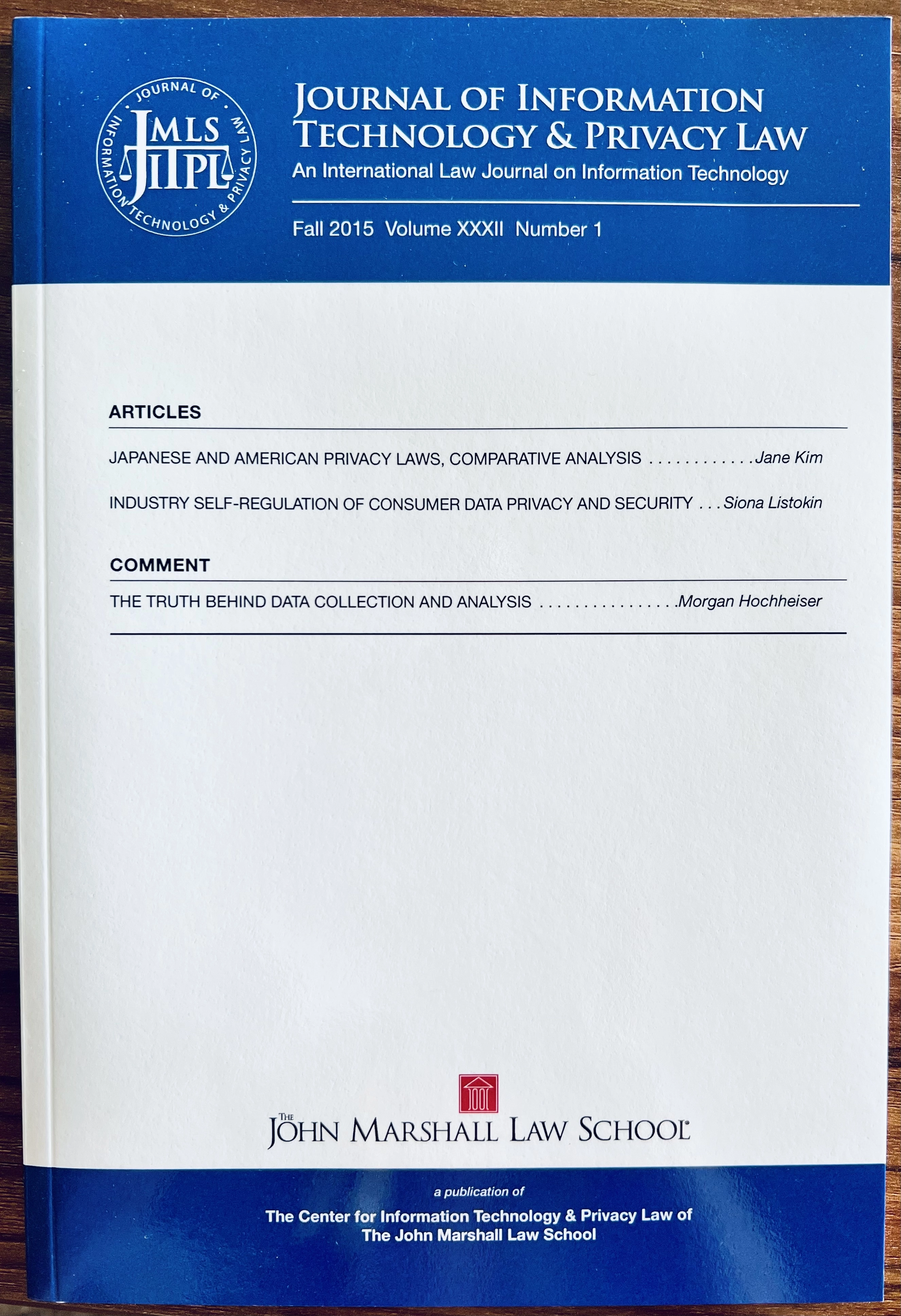I. THE JAPANESE
“To understand the Japanese,
we must know the why’s behind the what’s,
we must know the values driving the culture.”1
Japan is “a society that did not abandon feudalism until the mid- nineteenth century, where the vast majority of the Japanese lacked a family name until the 1870s, [...] [where] the boundaries between state and divinity, and society and self... were never differentiated.”2
In the aftermath of devastating World War II, Japan achieved a remarkable economic recovery, with their national prosperity often at- tributed to “group-enforced social harmony.”3 As Michael Zielenziger, a former Tokyo-based reporter reflected, this group mentality transcends generations and, despite the technological advancements and limited globalization in Japan, the Japanese have not experienced expected po- litical and social change.4
The first woman elected to Japan’s parliament in 1946, Shizue Kato, was asked in the early 1990s: “‘What is this thing they call hu- man rights?’ Even in this prominent university they simply did not un- derstand. They did not understand concepts of democracy, or human rights, or privacy- they had not heard of them.”5 She insisted that, “true democracy has never taken hold in her nation [...] Japanese men had not changed their behavior in her lifetime. They remain samurai - only now camouflaged in business suits.”6 Shizue Kato was born in 1897 and died in 2001.7
From birth, the Japanese are taught by rote learning and critical thinking is not respected.8 They are taught to suppress their own ideas and opinions.9 As a result, “entrepreneurial activity in Japan is among the lowest in the developed world,”10 below Russia and Poland. Natural- ly, the group mentality affects people on an individual level, too. For in- stance, the term “self-esteem” does not exist in the Japanese lan- guage;11 rather, they have “group esteem.”12
An individual cannot function in a Japanese society without explicit membership in and, responsibility to, some group in his/her professional and vocational life.13 Those who fail to meet obligations or who become too independent become totally alienated;14 they become hikikomoris.15 A hikikomori once said: “To survive in Japan you have to kill off your own original voice.”16 A mother of a hikikomori believes that, “a person who challenges or makes a mistake, or thinks for himself, either leaves Japan or becomes a hikikomori.”17 Hayao Kawai, Japan’s most eminent clinical psychologist believes that a Japanese “appreciation of individu- alism remains quite shallow.”18
So, it is astounding to see that Japan, on its face, has comprehen- sive laws to protect individuals’ privacy. The laws may be well- developed on paper, but I challenge that they do not afford protections to the individuals as they may first seem to an outsider, in that the Japanese do not grasp what democracy, individualism and privacy mean, at least in the American or Western sense of such concepts. Jap- anese “dogma suggests that everyone is the same and shares identical thoughts and values.”19 More importantly, a Japanese individual will not enforce his individual rights simply because it is socially intolerable to do so.
------------
1. Thomas Kasulis, Intimacy: A General Orientation in Japanese Religious Values, PHILOSOPHY EAST AND WEST, UNDERSTANDING JAPANESE VALUES, Vol. 40, No. 4, 434 (Oct. 1990), available at http://buddhism.lib.ntu.edu.tw/FULLTEXT/JR-PHIL/kasulis2.htm.
2. Michael Zielenziger, Shutting Out The Sun: How Japan Created Its Own Lost Generation, 61 (Nan A. Talese, 1st ed. 2007) (citing Robert N. Bellah, Imagining Japan: The Japanese Tradition And Its Modern Interpretation (Univ. of CA. Press, 2003)) (Em- phasis added).
-
Id. at 3.
-
Id. at 20.
-
Id. at 122 (Emphasis added).
-
Id.
-
Carmen Blacker, Shizue Kato, THE GUARDIAN, available at http://www.theguardian.com/news/2002/feb/01/guardianobituaries.socialsciences
-
Id. at 20.
-
Michael Zielenziger, Shutting Out The Sun: How Japan Created Its Own Lost Generation, 54 (Nan A. Talese, 1st ed. 2007).
-
Id. at 31.
-
Id. at 11.
-
Id. at 156.
-
George DeVos, Socialization for Achievement: Essays on the Cultural Psychology of the Japanese, 35 (Berkeley: University of California Press 1973).
-
Id.
-
Hikikomoris is an acute social withdrawal disorder found only within the Japa- nese culture. These people, who are predominantly male, are not depressive or psychotic. They are highly intelligent, stimulating and open. It is believed the disorder developed due to the Japanese societal inability to accept humans as individuals. Sarah Michael, http://www.dailymail.co.uk/news/article-3154180/Pictured-sufferers-bizarre-
condition-s-forcing-one-MILLION-Japanese-people-lock-inside-years-surfing-internet- reading-manga.html; See Zielenziger, supra note 2, at 71.
-
See Zielenziger, supra note 2 at 55.
-
Id. at 18.
-
Id. at 68.
-
Id. at 52.



